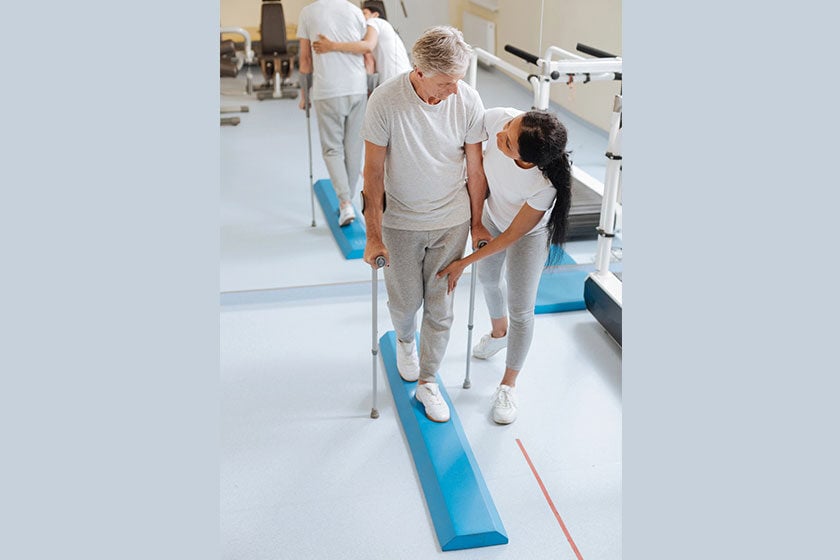Beyond The Fall Exploring The Impact Of Falls On Seniors' Mental Health

Falls are a significant health concern for those in their golden years, often leading to more than just physical injuries. The emotional and psychological toll of seniors falling can be profound and far-reaching, affecting one's sense of security, independence, and overall mental health.
When you or your beloved family members experience a fall, the aftermath might involve a complex mix of fear, anxiety, and isolation, which can exacerbate existing health conditions or lead to new issues.
The Psychological Aftermath of a Fall
Falling can instill a fear of future falls, leading many elderly to limit their activities and social interactions. This self-imposed restriction can result in social isolation and loneliness, both of which are significant risk factors for mental health disorders such as depression and anxiety.
The fear of falling again can make you or your loved ones overly cautious in movements, disrupting daily routines and diminishing quality of life.
Loss of Independence and Its Effects
One of the most challenging impacts of falls is the potential loss of independence. For many, being able to perform daily activities without assistance is a crucial aspect of their identity and self-esteem. When falls interfere with these abilities, it can lead to feelings of helplessness and frustration.
The psychological struggle with these feelings can be as debilitating as the physical injuries themselves, often leading to a diminished desire to maintain an active lifestyle, which is vital for physical and mental health.
Strategies to Mitigate the Mental Health Risks of Falls
Understanding the risks and implementing strategies to prevent falls are crucial steps in protecting the mental health of those in their golden years.
Regular physical activity tailored to one's abilities can strengthen muscles and improve balance, significantly reducing the risk of falling. Additionally, creating a safe living environment by removing fall hazards and installing grab bars in critical areas can help maintain independence and reduce fear.
The Role of Community and Support in Recovery
The support of a compassionate community and a network of peers who understand the challenges associated with falling can provide comfort and encouragement. Engaging in community activities can help reduce feelings of isolation and promote a sense of belonging, which is vital for mental health.
Regular interactions with peers and participation in group activities can also provide the emotional support needed to overcome the fear of falling.
Looking Forward: Preventing Falls and Promoting Mental Wellness
Preventive measures are key to maintaining both physical and mental health. These include routine health and medication reviews with healthcare providers to ensure optimal management of conditions that could increase fall risk.
Educational sessions on fall prevention and the importance of mental health can empower you and your loved ones to take proactive steps toward safety and well-being.
The impact of falls extends beyond physical injuries, profoundly affecting mental health. By understanding these impacts and implementing preventive measures, you and your beloved family members can maintain a more active, fulfilling life even in their golden years.
If you or your loved ones are looking for a supportive community that prioritizes your safety and mental well-being, consider joining us. Our community is dedicated to providing a safe, nurturing environment tailored to your needs. We focus on comprehensive care that includes fall prevention and emotional support to ensure that each day is safe and fulfilling.
